The Truth About Bullying
Bullying, what is it? Is it when someone continues to harass and harshly pick on a victim on a daily basis? Can it be one who torments and intimidates someone for so long, they re-think their lives? 25 years ago, the term ‘bully’ wasn’t used as much as it has been in this generation.
According to NoBullying.com, 77% of all students in our generation have been physically or verbally bullied. This can affect a child’s reputation later on in life.“It was just kids being kids. Not saying it was right, but parents thought it was part of growing up,” stated Kevin Quinn, President of the National Association of School Resource Officers, “Now we see a lot of parents trying to generalize what bullying is — any time kids do something to each other, let’s call it bullying and deal with it that way.”
In 2015 the term bullying has a new definition. According to teenagers and parents, a bully is someone who uses their strength to hurt the victim, not implying bullying is a process rather than simply an action. People are so fast to cry “That’s bullying.” Today the word has seemed to lose its power.
A kid gives another kid a dirty look.
Bullying.
Someone yells at someone else.
Bullying.
A teen verbally tells someone a rude comment.
Bullying.
In my mind, disliking someone, being excluded, and\or telling a joke about someone once, is not in any circumstances bullying, and yet we continue to call it that. We fail to perceive the true meaning of the term bullying which states there is a repetition in the behavior.
Recently, I’ve encountered one of these problems. I was disappointed hearing it from my own family. “Mommy, a girl at my school called me fat,” my 8 year old cousin said to her mom. Responding, my aunt kindly told her she was thick boned, rather than fat. After, my Aunt had a serious conversation with her spouse about the situation. “ The school really has to focus on the kids that get bullied and prevent bullying from ever happening.” Of course, I could’ve told her the truth because calling someone fat (once), is not bullying. Why? because it was only done once. But I wasn’t in the mood for an argument, so I let it slide. Yes, name calling and teasing people is rude and should not be done, but we should also know the difference between being obnoxious and being bullied.
A few students were asked on their definition of bullying, and while some agreed that bullying had to occur more than once, others disagreed. Senior Dalia Cabrera stated,” Bullying means hurting someone emotionally and physically. Bullying is often repeated behavior over time.” Whereas Freshmen Emiliano Martin Del Campo stated,”Hurting someone that doesn’t deserve to be hurt.”
I asked Ernesto Garcia, the principal at Alisal High School about bullying on campus.
Q: How many bullying incidents have occurred since you have worked here?
A: This year, we’ve had two.
Q: Do you believe the word bullying is being used at times when it’s not actually considered bullying?
A: At times, yes. Because the term is so vague, bullying can be conceived as for example, “ If I don’t believe what you’re doing, is that considered bullying?”
Q: Is bullying a major problem here at Alisal?
A: Fortunately no, and a key factor that prevents it from being so is the Be Yourself Club and Link Crew.
While schools and organizations can help, the bigger issue, for me, is how the word is used. The word is used too much, and maybe that’s why the true bullying conflicts aren’t taken as seriously as they should. Bullying can lead to mental problems that last a lifetime, there is no denying that. Whether it’s cyber bullying (bullying that occurs in social media), verbal bullying (using your words to hurt a victim) or even physical abuse, it is always wrong to do so, no matter what the reason is. All in all, bullying should not be tolerated and not taken as a joke, but the term needs to be used correctly, or it loses its meaning.
According to NoBullying.com, “One of 65,000 children ages 10 to 14 commit suicide every year.” But we can put an end to this. We can start with the help of schools. If a bullying complaint is filed, they should actually look into it. A list should be created where the differences between bullying and non-bullying can be seen, and putting their complaint into whichever category it falls under. This way, not only will we be able to deal with non-bullying actions more efficiently , but we will also be able to help out the true victims of bullying. Because though it’s sad, one should always remember as Charles Sykes, author of Nation of Victims stated, “If everyone is a victim, then no one is a victim.”
Your donation will support the student journalists of Alisal High School. Your contribution will allow us to purchase equipment and cover our annual website hosting costs.

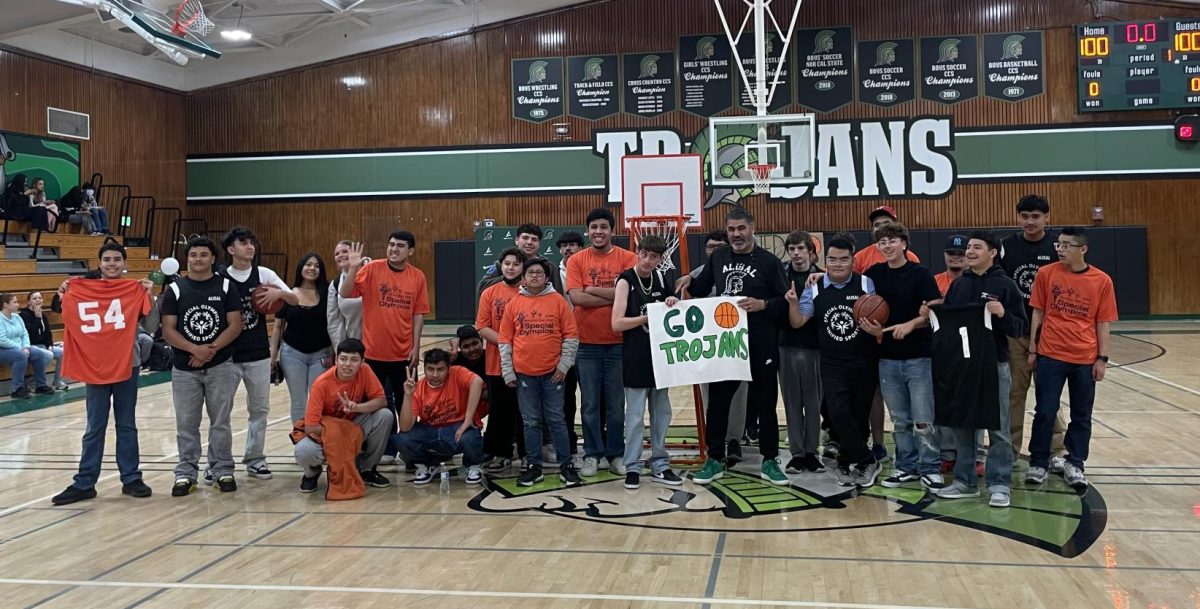


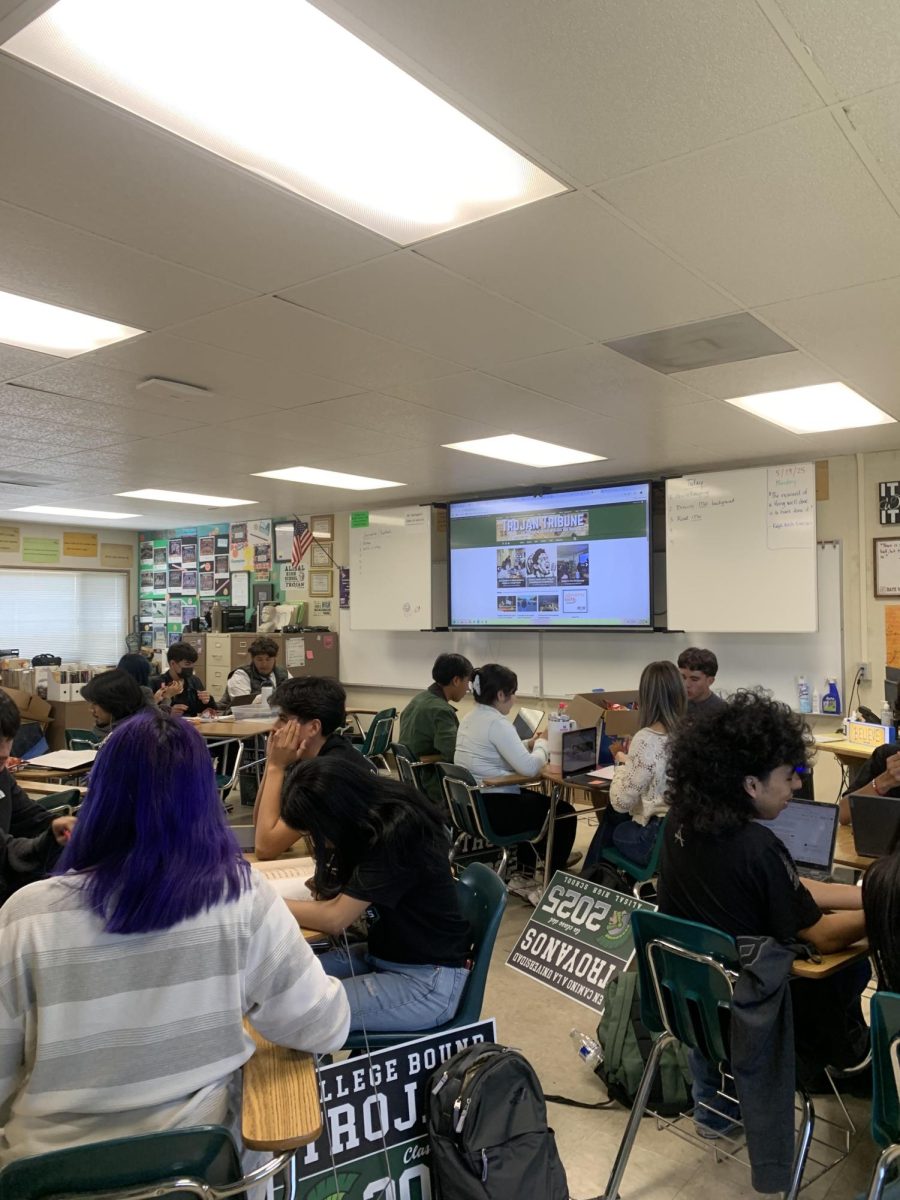

![Senior Jayden Duarte dives across the goal line for one of his five touchdowns in a dominant 62-40 victory over Monterey. It has been a highly successful season for Duarte, and he credits his coaches for putting him in positions to succeed and make key plays. “The goal is to help wherever the coaches need me, receiver, running back, [and] DB,” he said.](https://alisaltrojantribune.com/wp-content/uploads/2025/10/IMG_3599-2-1200x800.jpg)



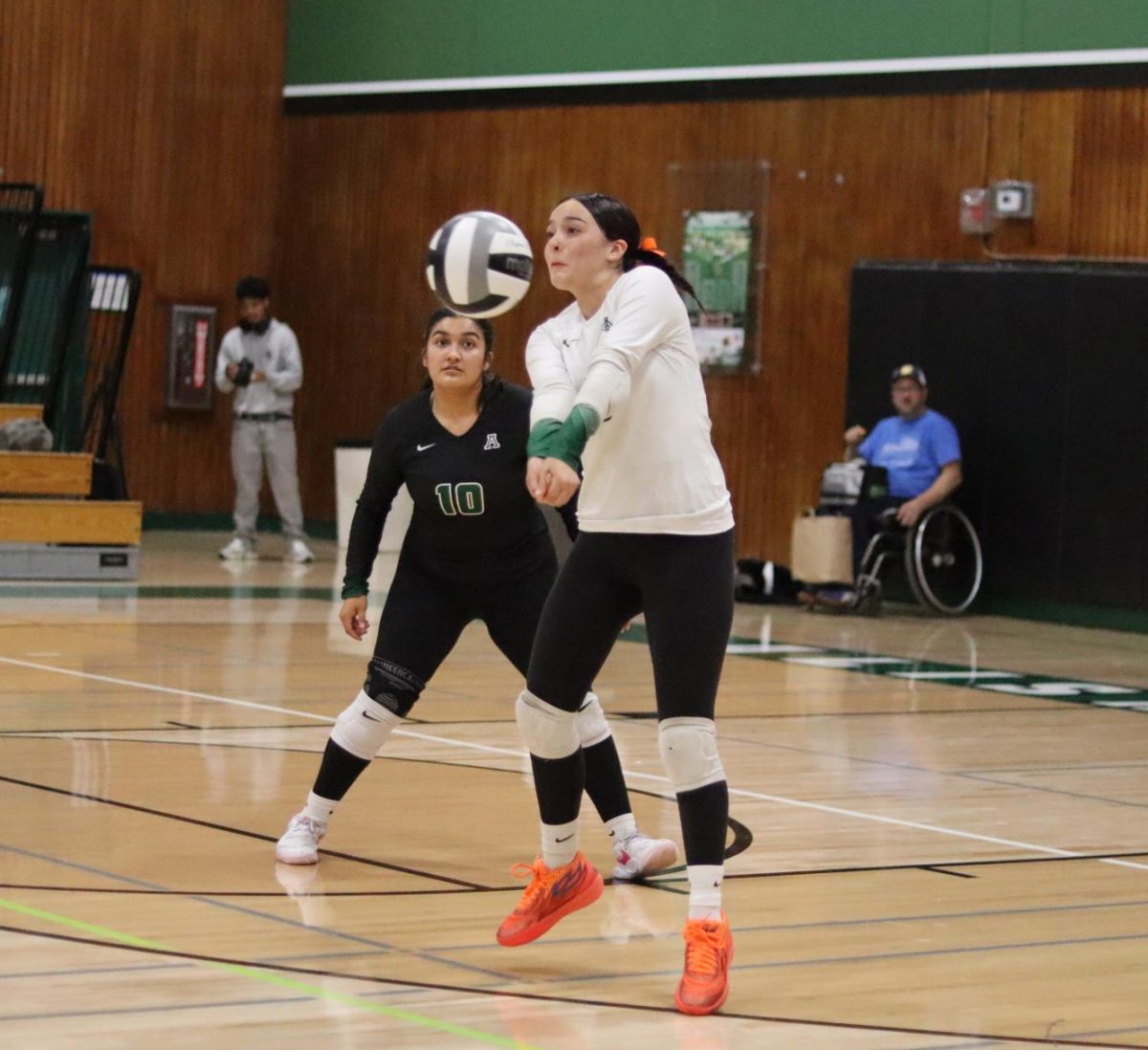







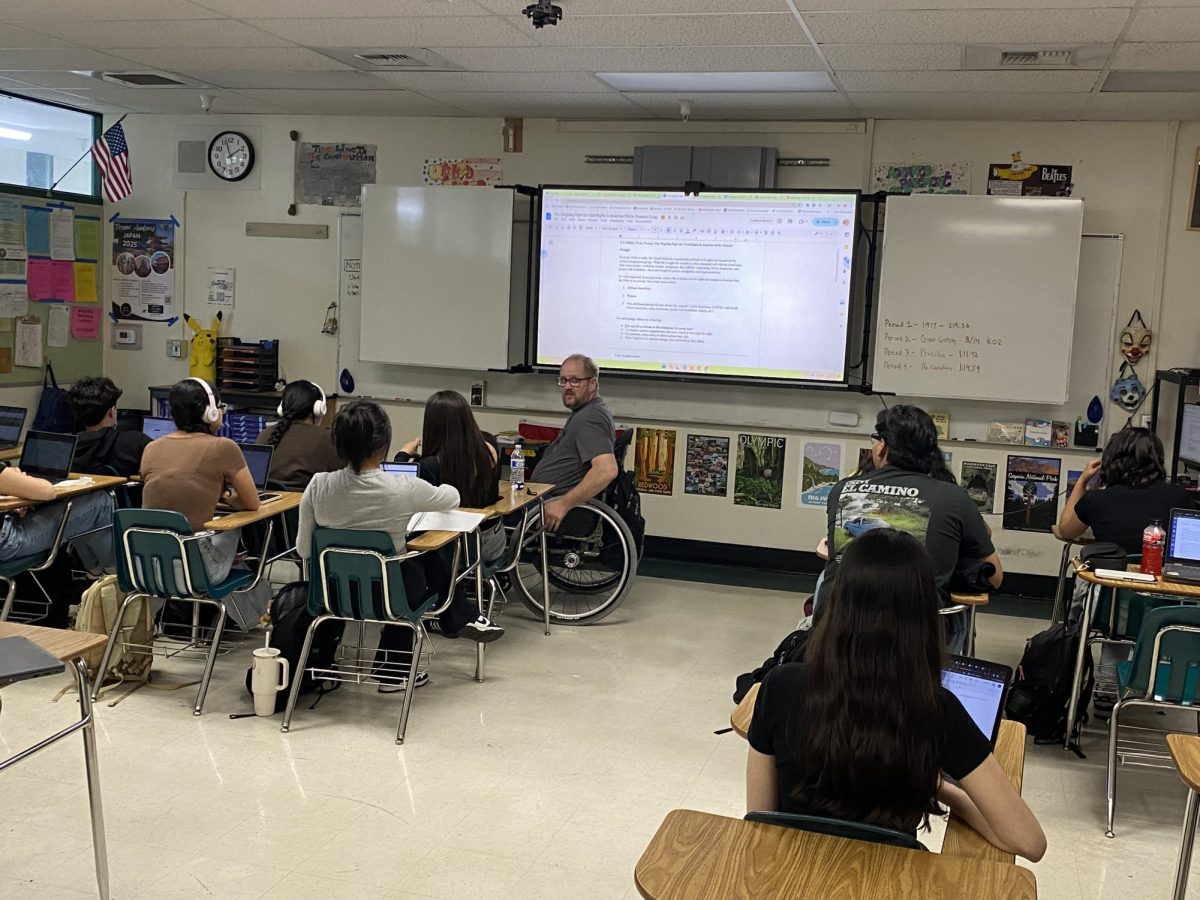
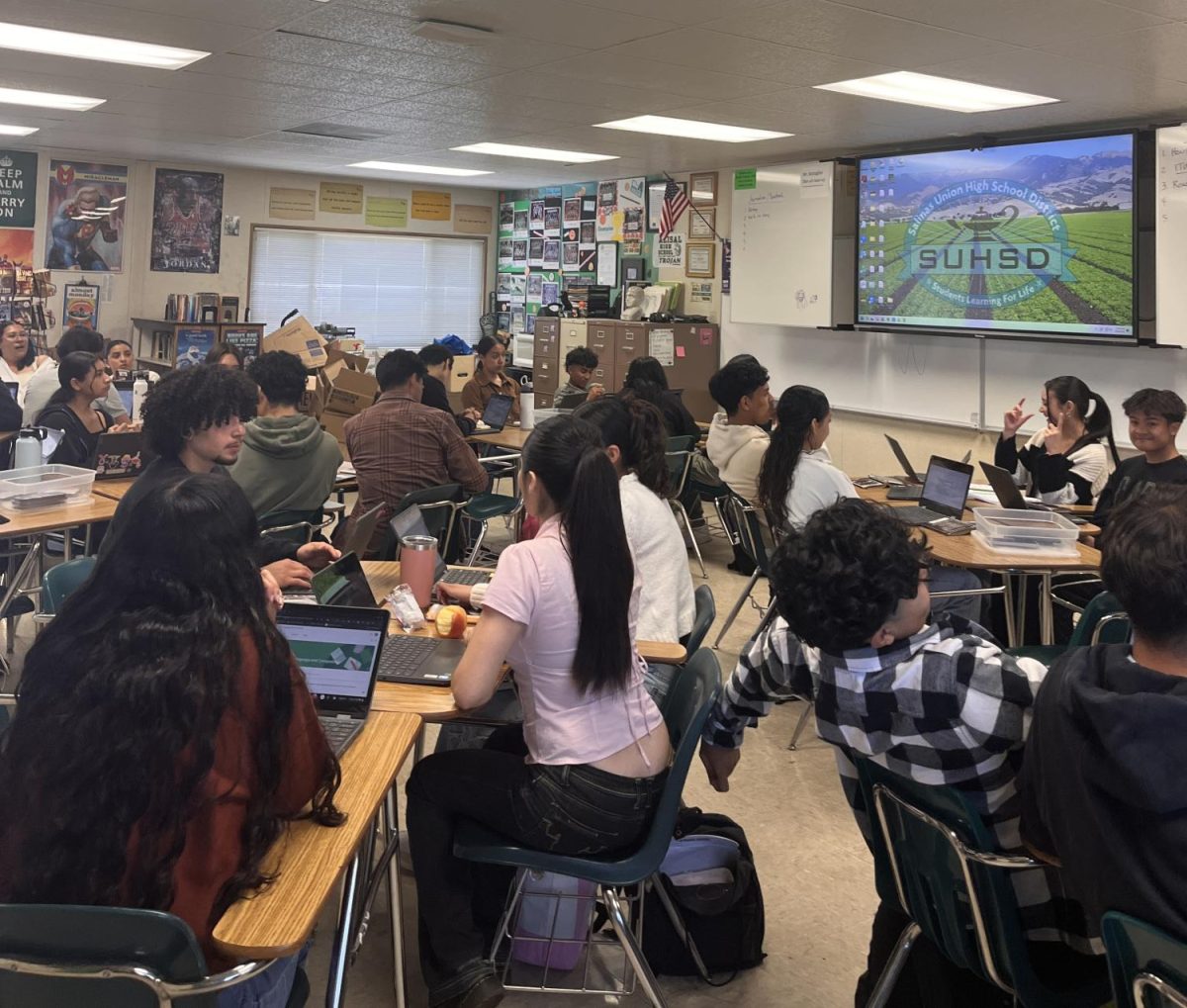




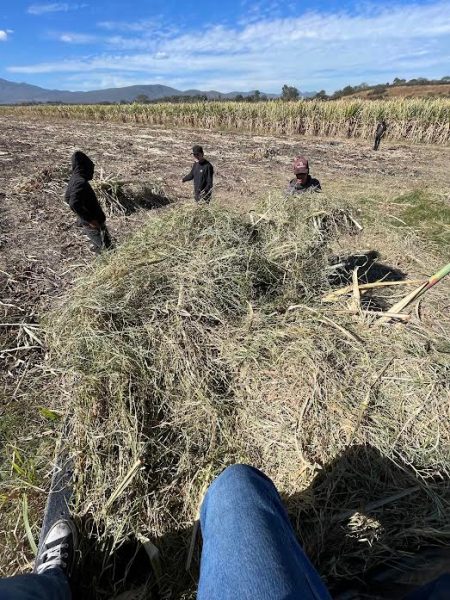

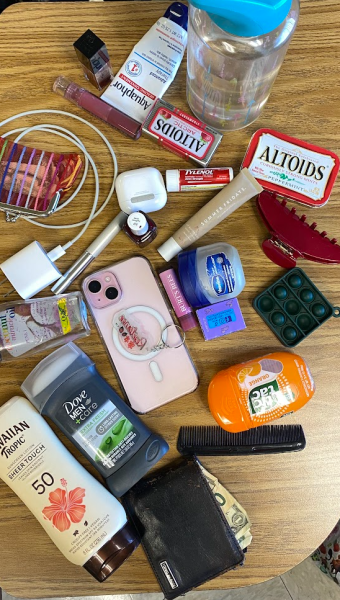
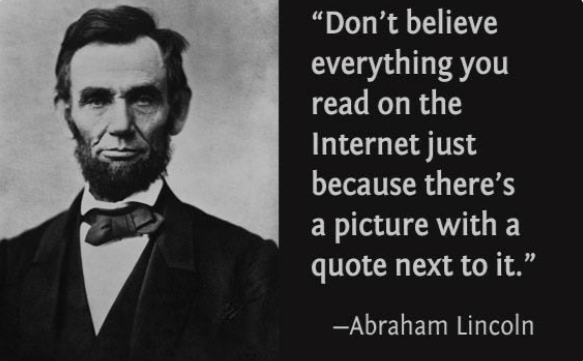
Michelle • Nov 7, 2022 at 11:34 am
“If everyone is a victim, then no one is a victim.” Wrong. If everyone is a victim, then everyone is a victim. To be a “victim” is to be harmed, killed or mistreated. Obviously, injury death and abuse do not become any less real just because everyone else is going through it too. That only makes the issue even more serious and urgent.